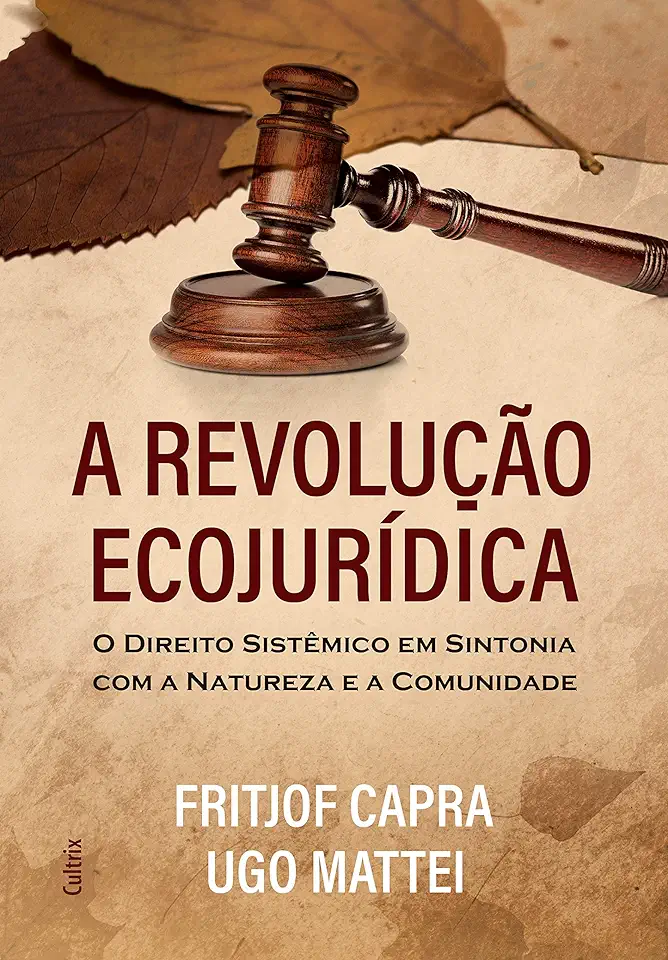
The Eco-Jurisprudence Revolution - Capra, Fritjof; Mattei, Ugo
The Eco-Jurisprudence Revolution: Rethinking Law and Nature
A New Approach to Environmental Law
In their groundbreaking book, Fritjof Capra and Ugo Mattei argue that the current environmental crisis is a result of our outdated legal system. They propose a new approach to environmental law, called eco-jurisprudence, which is based on the principles of ecology and sustainability.
The Current Environmental Crisis
The current environmental crisis is a serious threat to the planet and its inhabitants. Climate change, pollution, and deforestation are just a few of the challenges we face. These challenges are caused by our unsustainable use of resources and our failure to protect the environment.
The Failure of Traditional Environmental Law
Traditional environmental law has failed to address the current environmental crisis. This is because traditional environmental law is based on the principles of property rights and market economics. These principles are not compatible with the principles of ecology and sustainability.
Eco-Jurisprudence: A New Approach to Environmental Law
Eco-jurisprudence is a new approach to environmental law that is based on the principles of ecology and sustainability. Eco-jurisprudence recognizes that the environment is a complex system that is essential for human survival. It also recognizes that the economy is a subsystem of the environment and that it must be sustainable in order to protect the environment.
The Principles of Eco-Jurisprudence
The principles of eco-jurisprudence include:
- The principle of sustainability: The economy must be sustainable in order to protect the environment.
- The principle of interdependence: All living things are interconnected and interdependent.
- The principle of diversity: Biodiversity is essential for the health of the planet.
- The principle of precaution: We must take precautions to protect the environment from potential harm.
- The principle of participation: All stakeholders must be involved in environmental decision-making.
The Benefits of Eco-Jurisprudence
Eco-jurisprudence offers a number of benefits over traditional environmental law. These benefits include:
- Eco-jurisprudence is more effective in protecting the environment. Eco-jurisprudence is based on the principles of ecology and sustainability, which are essential for protecting the environment.
- Eco-jurisprudence is more just. Eco-jurisprudence recognizes that the environment is a common heritage that must be protected for future generations.
- Eco-jurisprudence is more democratic. Eco-jurisprudence involves all stakeholders in environmental decision-making.
Conclusion
The eco-jurisprudence revolution is a new way of thinking about environmental law. It is a more effective, just, and democratic approach to environmental protection. If you are interested in protecting the environment, then you should read this book.
Call to Action
Buy the book today and learn more about the eco-jurisprudence revolution. Together, we can create a more sustainable and just future for all.
Enjoyed the summary? Discover all the details and take your reading to the next level — [click here to view the book on Amazon!]